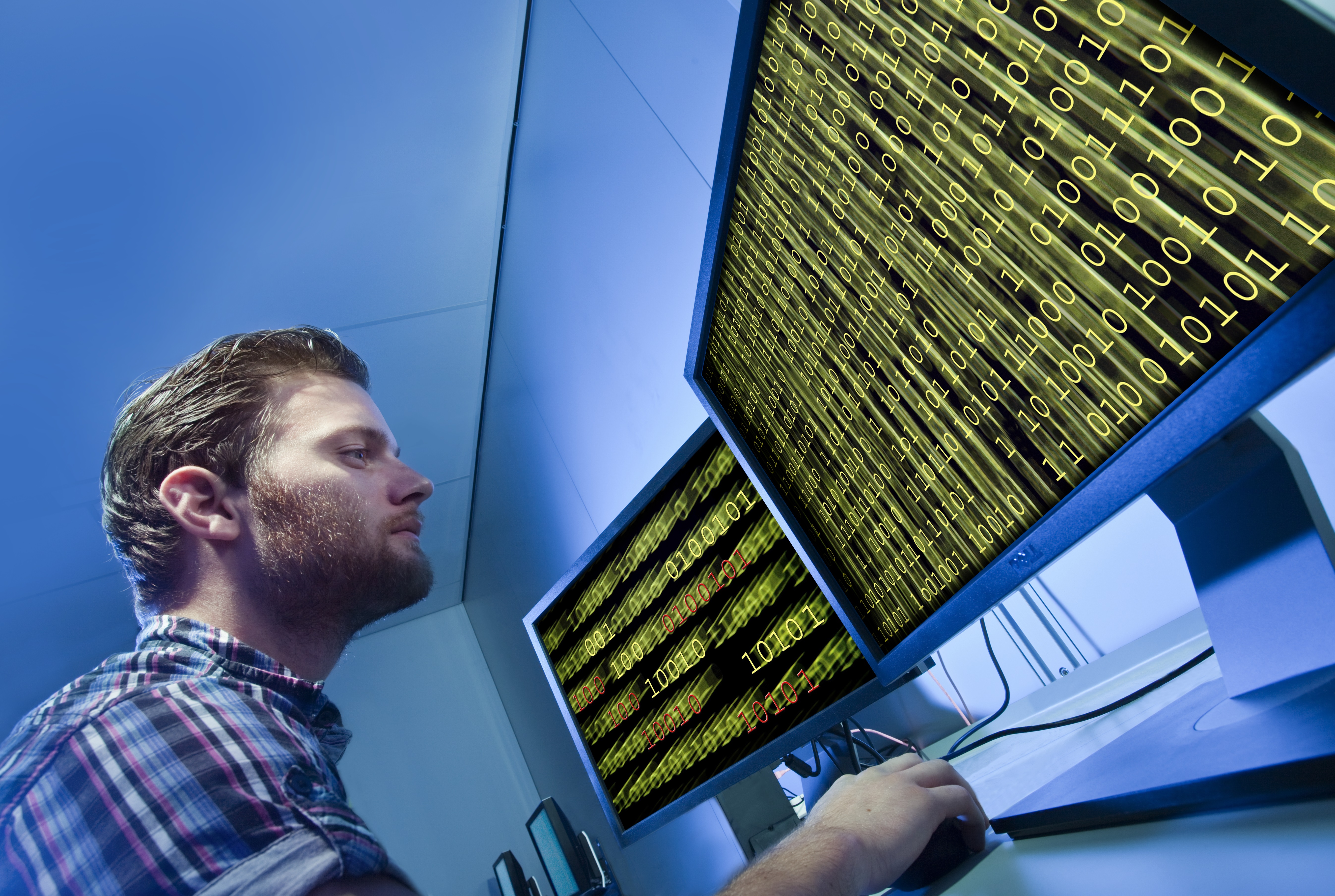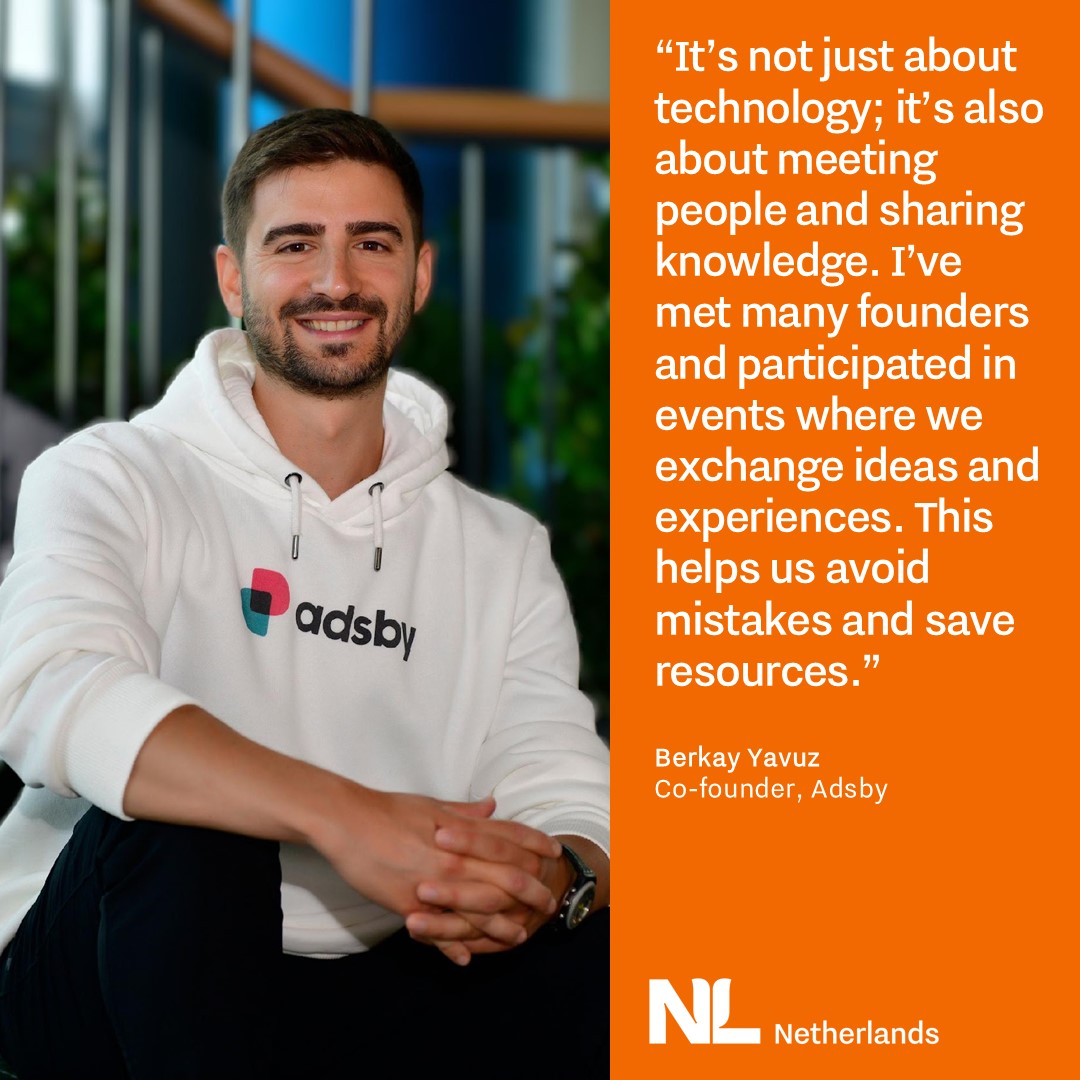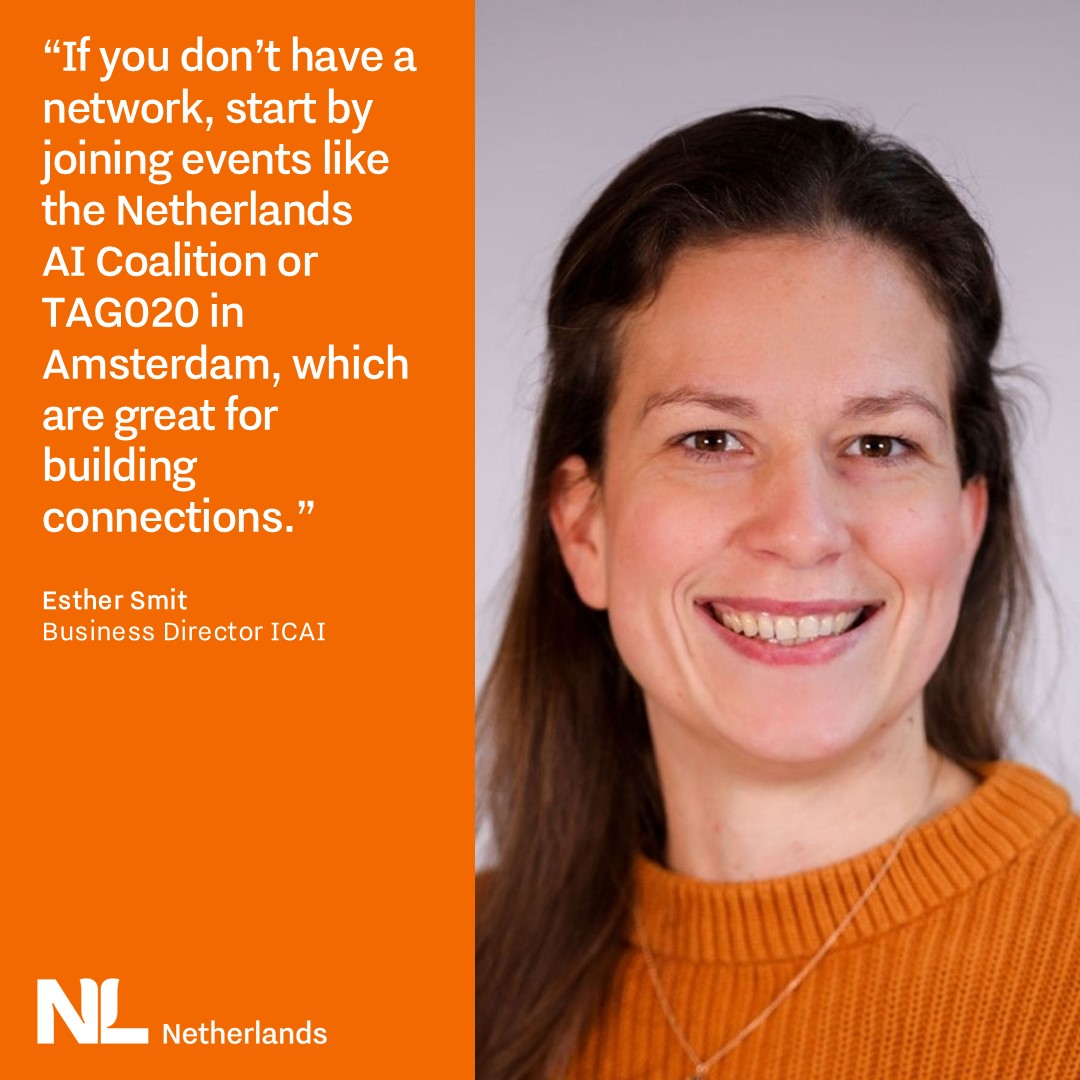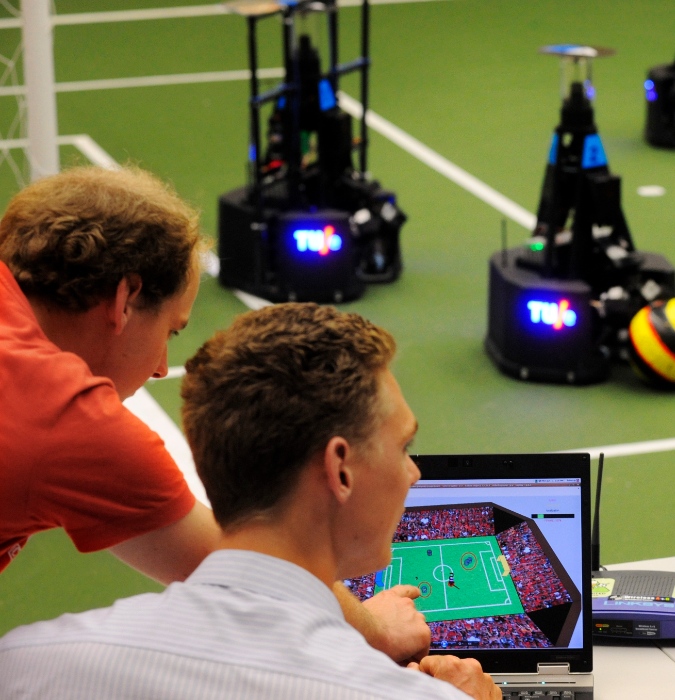The Future of AI and Data Science: 10 Trends to Watch
Quickly go to
- 1. Automation and Efficiency
- 2. Advancements in Natural Language Processing (NLP)
- 3. Responsible AI and Transparency
- 4. AI in Healthcare
- 5. Generative AI
- 6. Data Governance
- 7. Integration of AI and Data Roles
- 8. Rapid Data Platform Modernisation
- 9. Ethical AI Development
- 10. AI Conferences and Collaboration
- Start your career in the Netherlands!
- More on the AI Data science in NL

1. Automation and Efficiency
Robotic process automation (RPA) optimises logistics and manufacturing, cutting operational costs by 20%. A PwC study indicates that by 2030, automation may affect 30% of jobs in these sectors, driving efficiency-focused transformations.
2. Advancements in Natural Language Processing (NLP)
Dutch companies like Textkernel and Quantib drive NLP innovations, enhancing chatbots for complex queries and transforming customer interactions. These advancements boost efficiency by improving machine understanding of human language in business applications.
3. Responsible AI and Transparency
The Netherlands AI Coalition (NL AIC) champions ethical AI practices, prioritising transparency and societal alignment. By adhering to GDPR and promoting trust through algorithm accountability, it helps organisations mitigate risks while ensuring responsible AI deployment.
“If you don’t have a network, start by joining events like the Netherlands AI Coalition or TAG020 in Amsterdam, which are great for building connections.”
Esther Smit, Business Director ICAI
4. AI in Healthcare
“One fascinating application is a startup using AI to analyse dietary habits and health data to create personalised nutrition plans.”
Miriam Veronesi, Senior Innovation Orchestrator TNO, Chair startups and scaleups NL AI Coalition
AI is transforming Dutch healthcare systems, with predictive diagnostics and AI-driven drug discovery enhancing patient care at institutions like Erasmus MC. Remote monitoring solutions improve chronic disease management, making healthcare more efficient and widely accessible.
5. Generative AI
Creative industries are increasingly leveraging generative AI for content creation and marketing tasks.
“Generative AI is creating a lot of content, but the challenge is verifying what’s real and what’s not. Google’s DeepMind watermarking AI-generated images and videos is an exciting development because it helps maintain content quality and authenticity.”
Berkay Yavuz, Founder, Adsby
Startups like NightCafe Studio utilise these technologies to produce unique digital art pieces, showcasing how generative models can inspire creativity and innovation across various sectors.


6. Data Governance
With stringent European data laws in place, Dutch organisations prioritise secure and compliant data practices to gain trust from global partners. Miriam Veronesi, Senior Innovation Orchestrator TNO and Chair Startups and Scaleups NL AI Coalition shares how NL AI Coalition has developed various support mechanisms, including online tools and community resources, to help startups navigate challenges and comply with regulations.
The need for robust governance frameworks ensures compliance with privacy regulations while maximising the value extracted from datasets, positioning Dutch firms as leaders in due diligence. TNO is one such company that specialises in AI governance frameworks and is working together with the government in various activities.
7. Integration of AI and Data Roles
Companies are merging data science and AI teams to enhance collaboration and accelerate innovation cycles. This integration creates hybrid roles, such as “data-driven product managers,” to effectively bridge gaps between technical teams and business stakeholders, fostering a more agile work environment.
8. Rapid Data Platform Modernisation
Organisations are upgrading their data platforms to process large datasets in real time, enabling them to generate actionable insights efficiently. Cloud-based solutions facilitate real-time analytics capabilities, allowing quicker decision-making processes—essential during uncertain economic conditions.
9. Ethical AI Development
Dutch startups are setting global benchmarks for developing AI systems, prioritizing transparency and fairness. Initiatives aimed at reducing algorithmic bias are gaining traction, ensuring equitable access across demographics while addressing concerns related to race, gender, and age discrimination.
10. AI Conferences and Collaboration
The Netherlands hosts numerous conferences on artificial intelligence, fostering collaboration among researchers and industry leaders.
“It’s not just about technology; it’s also about meeting people and sharing knowledge. I’ve met many founders and participated in events where we exchange ideas and experiences. This helps us avoid mistakes and save resources.”
Berkay Yavuz, Founder Adsby
Events like the World Summit AI in Amsterdam provide knowledge-sharing platforms, drawing thought leaders and investors together to drive innovative breakthroughs that benefit society. Miriam points out that structured events that offer clear, actionable insights are much more helpful than just networking opportunities.
Start your career in the Netherlands!
- Welcome to NL Job portal
More on the AI Data science in NL
To dive deeper, explore our articles on the Dutch AI Data science industry and the 10 most important trends in the AI Data science industry.

